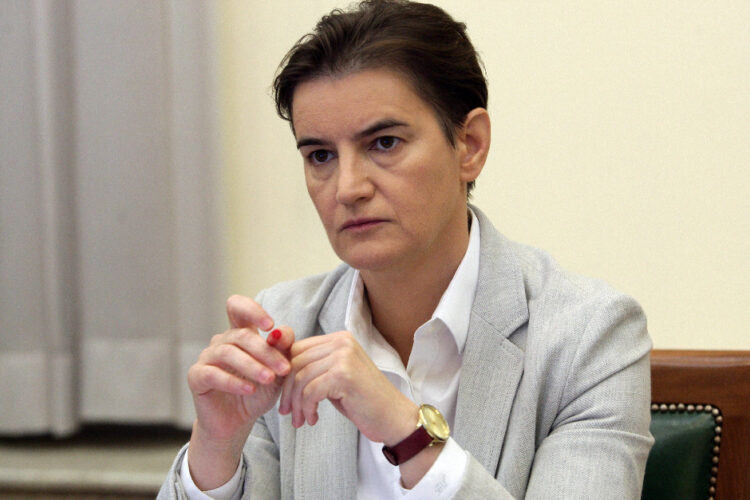
Some of Serbia’s top officials have condemned the decision of the High Representative in Bosnia to impose a ban on genocide denial, arguing that it is detrimental to relations both within BiH and between the country and neighbouring Serbia. Pročitaj više
Only days before his term in Bosnia is ending, the High Representative of the international community, Valentin Inzko, used his special set of powers – the Bonn Powers – to impose the law.
As of August 1, Germany’s Christian Schmidt will take over the Office of the High Representative (OHR) and continue the task of monitoring the civilian implementation of the 1995 Dayton Peace Agreement in the country.
The law changes that Inzko imposed stipulate prison sentences lasting between six months and five years for anybody who “publicly condones, denies, grossly trivializes or tries to justify a crime of genocide, crimes against humanity or a war crime.”
Serbia’s Prime Minister, Ana Brnabic, called the decision “bad news” and argued that it will only increase the split between Bosnia’s majority Bosniak-Croat Federation (FBiH) entity and the other semi-autonomous entity in the country which is mostly populated by Serbs, Republika Srpska (RS).
“I think it is a bad political decision,” Brnabic said in an interview with Tanjug, adding that it “only complicates the situation in that country further.”
She argued that, with such a move, Inzko put even more pressure on all the people and officials in RS, adding that he only made the decision now before his departure so it remains as his legacy in the country, regardless of what it might cause in BiH.
Serbia’s Interior Minister, Aleksandar Vulin, argued that “the truth can not be imposed with a law.”
“The outgoing High Representative Valentin Inzko decided to silence the Serbs and forbid them to tell the truth about the civil war in BiH,” Vulin said in a written statement.
He said that at the very end of his mandate, Inzko decided to “take revenge on all the peoples in BiH” and to create tensions and divisions in the country.
“What will happen if a million Serbs from Republika Srpska sign a petition in which they testify that there was no genocide, will everyone go to prison? And what will be the name of the prison where a million Serbs would suffer for the truth, will that prison be called BiH? And does the ban on testifying the truth apply only to Serbs in BiH, will Serbs from Serbia and all other free-thinking people who do not recognize what did not happen end up on an Interpol warrant? And will this law serve for the final showdown with (Serbian President) Aleksandar Vucic and all of us who do not allow Serbs to become known as genocidal people? And what will Inzko and those who support him say if Serbia passes a law banning the recognition of Kosovo and Metohija as an independent state and puts all those who speak of the Autonomous Province of Kosovo and Metohija as the state of Kosovo on a warrant?” Vulin wrote.
“If there is reason, Inzko's revenge on the peoples of BiH will be either prevented or ignored,” he said.

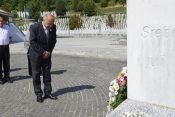

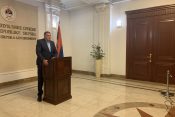

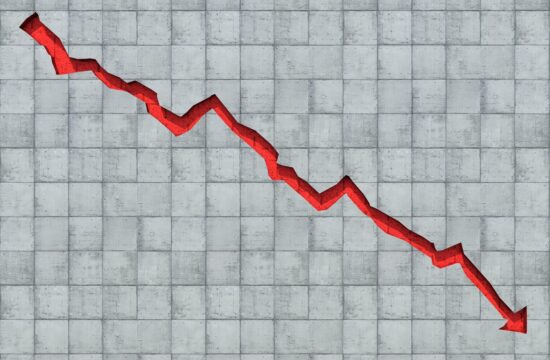
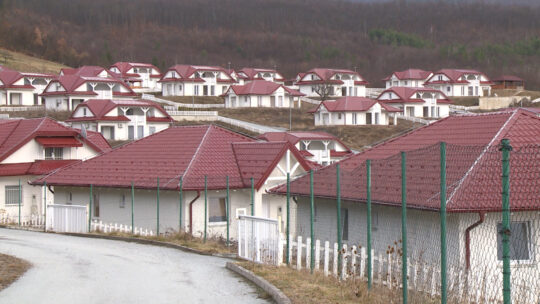
Kakvo je tvoje mišljenje o ovome?
Budi prvi koji će ostaviti komentar!